
The Darrell McClain show
Independent media that won't reinforce tribalism. We have one Planet; nobody's leaving, so let’s reason together!! Darrell McClain is a Military veteran with an abnormal interest in politics, economics, religion, philosophy, science, and literature. He's the author of Faith and the Ballot: A Christian's Guide to Voting, Unity, and Witness in Divided Times. Darrell is a certified Counselor. He focuses primarily on relationships, grief, addiction, and PTSD. He was born and raised in Jacksonville, FL, and went to Edward H white High School, where he wrestled under Coach Jermy Smith and The Late Brian Gilbert. He was a team wrestling captain, District champion, and an NHSCA All-American in freestyle Wrestling. He received a wrestling scholarship from Waldorf University in Forest City, Iowa. After a short period, he decided he no longer wanted to cut weight, effectively ending his college wrestling journey. Darrell McClain is an Ordained Pastor under the Universal Life Church and remains in good standing, as well as a Minister with American Marriage Ministries. He's a Believer in The Doctrines of Grace, Also Known as Calvinism. He joined the United States Navy in 2008 and was A Master at Arms (military police officer). He was awarded several medals while on active duty, including an Expeditionary Combat Medal, a Global War on Terror Medal, a National Defense Medal, a Korean Defense Medal, and multiple Navy Achievement Medals. While in the Navy, he also served as the assistant wrestling coach at Robert E. Lee High School. He's a Black Belt in Brazilian Jiu-Jitsu under 6th-degree black belt Gustavo Machado. Darrell Trains At Gustavo Machado Norfolk under the 4th-degree black belt and Former Marine Professor Mark Sausser. He studied psychology at American Military University and criminal justice at ECPI University.
The Darrell McClain show
From Myth to Man: Elon Musk’s Rise, Reverence, and Reckoning
The Rise and Fall of Elon Musk by Darrell McLean. Introduction to Myth and the Man and the World Star for Heroes. We create gods out of men, draping them in capes woven from our collective longings. Elon Musk emerged not merely as a businessman or engineer, but as a messianic figure to a generation disillusioned with slow bureaucracy and limp politicians. He was Prometheus with a Twitter account, Icarus with a starship, and Tony Stark without the script. But when the wax melts and the wings fall away, we must ask what remains? Musk's trajectory offers us not just a cautionary tale, but an opportunity for societal self-reflection. In the grand theater of modern capitalism and technological fetishism, Musk played both the hero and the fool, and perhaps that was always the point. The genesis of a Tech Titan Elon Musk's life began in Pretoria, South Africa in 1971, a backdrop of apartheid and privilege that shaped his early psyche. The young Musk bullied and isolated, retreated into books and dreams of electric worlds and distant planets. He embodied the archetype of the immigrant visionary when he arrived in North America, a mythic narrative America loves, the striver who defies gravity quite literally. His early ventures, Zip2 and X.com, which evolved into PayPal, were less about technological altruism and more about mastering the mechanisms of capitalism. Money was a stepping stone, the real goal was influence control over the narrative, and ultimately the future. Tesla, the electric dream Tesla, was never just a car company. It was a cultural movement, a flexing of human ingenuity against the carbon choke status quo. Musk's vision for Tesla was as much a rebuke of fossil fueled inertia as it was a business plan. Yet behind the gleaming Model S and the soaring stock prices were labor disputes, missed deadlines, and near bankruptcy escapes. The image of Musk sleeping on the factory floor became legend, the suffering artist trope repackaged for Silicon Valley. As Dyson might say, the brother was part Messiah, part messmaker. The alluring promise of a clean future, however, tethered millions to a narrative that always teetered on the edge of collapse. SpaceX, humanity's interstellar gamble, SpaceX epitomized Musk's otherworldly ambitions literally. The Falcon Heavy launches, reusable rockets, and starship prototypes were sold to the public as stepping stones to Mars, a new cosmic manifest destiny. Hitchens might have scolded us for romanticizing such ventures without reckoning with the earthly inequities left behind. What good is a Mars colony when the Flintwater crisis persists? The technocopian dream here is both dazzling and damning, a diversion from terrestrial injustices under the neon banner of progress. Cult of personality social media transformed Musk from a mere CEO into a Mimored savant. Whether tweeting about funding secured or pumping Dogecoin with Shiba Inu means, Musk rewrote the playbook on corporate communication. But behind the laughs lies a dangerous truth, the merging of corporate power and personal cult. The same charisma that electrified investors also emboldened disinformation, volatility, and impulsive leadership. The line between jest and policy blurred and society ever eager for spectacle clapped along. The philosopher king or techno-tyrant. Musk's libertarian leanings are legendary free speech absolutism being his latest rhetorical arrow. Yet in practice, Tesla factories reportedly crushed unionization efforts, workers toiled under punishing schedules, and critics faced online harassment. In this tension, we see the paradox of the self-anointed philosopher King who rails against government interference while accepting billions and subsidies. A contradiction so rich it deserves its own Greek chorus. Media manipulation and narrative crafting Musk understood the media ecosystem better than any contemporary mogul. His ability to orchestrate headlines, shape investor sentiment, and distract from internal crises bordered on performance art. Dyson might frame it as the hustle narrative in blackface drag, a hyper-exaggerated performance of genius that seduces even the skeptics. The public yearning for technomasiahs proved all too willing to suspend disbelief. The Twitter takeover debacle the Twitter saga began as a free speech crusade and quickly devolved into a fiasco of half-baked policies, mass firings, and advertiser boycotts. Musk's vision for a digital town square clashed violently with reality. Under his stewardship, Twitter became an ideological carnival, chaotic, entertaining, and destructive in equal measure. Hitchens would likely scoff at the irony, the self-styled defender of liberty becoming the architect of its trivialization. The fall from Grace losing the pedestal as investor confidence waned and Tesla stock plummeted, cracks began to show in Musk's armor. His magic touch that Midas like aura evaporated, leaving shareholders and fans bewildered. The collapse didn't happen in a thunderous crash, but in a thousand micro failures. Missdeliveries, disillusioned followers, and a steadily eroding brand mystique. The man who once promised to save the planet now risked becoming a punchline in his own me. The cultural reckoning, cultural tides are unforgiving. Once the darling of progressives and tech enthusiasts, Musk became a symbol of unbridled ego and performative rebellion. From SNL appearances to cringe-inducing Twitter battles, the fall was as public as the rise. Intellectuals and public thinkers began to peel back the layers. Was Musk ever truly a genius or simply a master manipulator of narratives and capital? Here, Dyson's rhetorical cadence might echo. Was he the dream we needed or the delusion we deserved? The ethical question, progress at what cost? In the pursuit of technological utopia, Musk's companies left trails of broken promises and environmental contradictions. Self-driving crashes, solar city scandals, and questionable labor practices painted a darker portrait. The question emerges: can innovation justify exploitation? Must progress inevitably trample the very people it claims to uplift? This ethical tension defines the modern tech era and cements Musk as its most controversial avatar. Comparing Musk to historical visionaries, we often compare Musk to Edison or Jobs, yet such analogies fail to capture the new complexities. Edison's ruthless patents and jobs reality distortion feels pale beside Musk's Twitter fuel chaos and planetary aspirations. Hitchens would argue against idol worship altogether, insisting on relentless scrutiny of all great men. Musk thus becomes not a giant on whose shoulders we stand but a warning sign for the perils of blind heroism. Musk's enduring legacy, a paradox, despite the wreckage, Musk's fingerprints on the future are undeniable. Electric mobility, reusable rockets, and the mainstreaming of AI discourse are not trivial footnotes. Yet this legacy is inseparable from his contradictions. He embodies both the promise and the peril of human ambition unchecked. As Dyson might say, he is both the sermon and the sin, the dream and the nightmare in the same breath. Lessons for future innovators, Elon Musk's saga imparts stark lessons. Charisma is not leadership, destruction without ethics is destruction, and innovation must be tethered to humanity. For the next generation of tech leaders, the path forward must reconcile brilliance with accountability. Because if the arc of progress bends toward justice, it requires hands less enamored with self-worship and more committed to collective good. Facts about the rise and fall of Elon Musk Q1. Why did Elon Musk's public image decline so rapidly? His impulsive tweets, chaotic management decisions, and ethical controversies led many supporters to question his authenticity and vision. Q Did Musk's innovations still make a positive impact? Yes, his work advanced electric vehicles and private spaceflights significantly, even if the methods were controversial. Q3, what role did social media play in his rise and fall? Social media amplified his brand and charisma, but also magnified his failures, turning every misstep into a viral spectacle. Q4 are comparisons to Steve Jobs Fair? Partially. Both were visionary and controversial, but Musk's public persona and political entanglements are far more extreme. Q5 was Musk's downfall inevitable. Given his unfiltered approach and the pressures of extreme public scrutiny, many argue it was a matter of time. Q6, what can future entrepreneurs learn from Musk's story? Balance ambition with responsibility, prioritize ethical considerations, and remember that narrative manipulation has limits. Conclusion: The ballad of the fallen Icarus in the final analysis: the rise and fall of Elon Musk is less about a singular man and more about the cultural pathology that demands saviors than devours them. Musk's journey is a mirror reflecting our collective fascination with genius, our tolerance for moral shortcuts, and our hunger for spectacle. His story is a modern ballad, audacious, tragic, and profoundly instructive. May it remind us that progress without ethics is just another orbit around the same old sun, bright but burning.
Podcasts we love
Check out these other fine podcasts recommended by us, not an algorithm.

The LUNSB Show with T-Bone and ChickBrew
Tony Knuckles
Over opinionated with Josh Scott
Josh scott
The Jamie Kilstein Podcast
Jamie Kilstein
The Back Row with Jamie Kilstein
Jamie Kilstein
Your Calvinist Podcast with Keith Foskey
Keith Foskey
BJJ Mental Models
Steve Kwan
Renewing Your Mind
Ligonier Ministries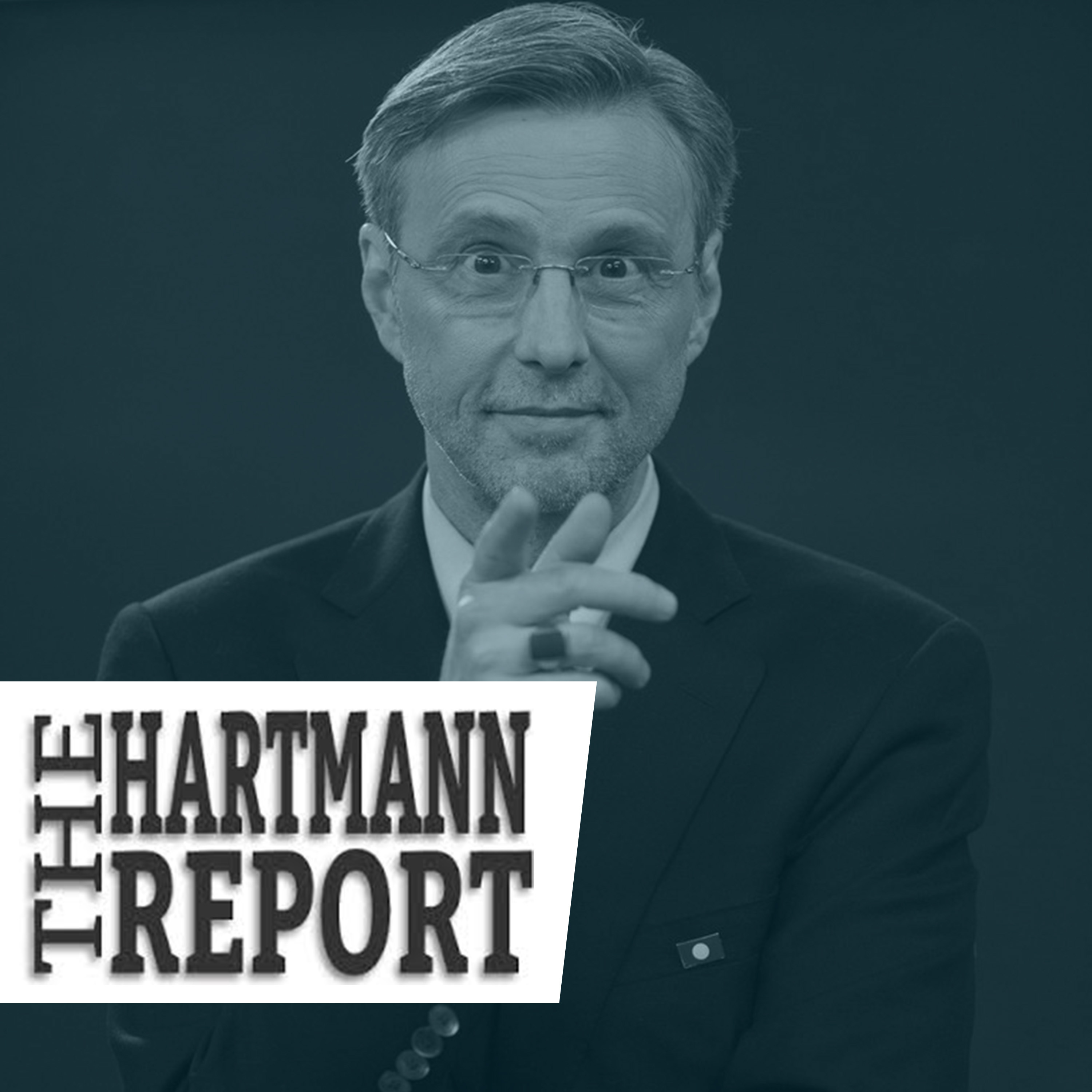
The Hartmann Report
Thom Hartmann
The Glenn Show
Glenn Loury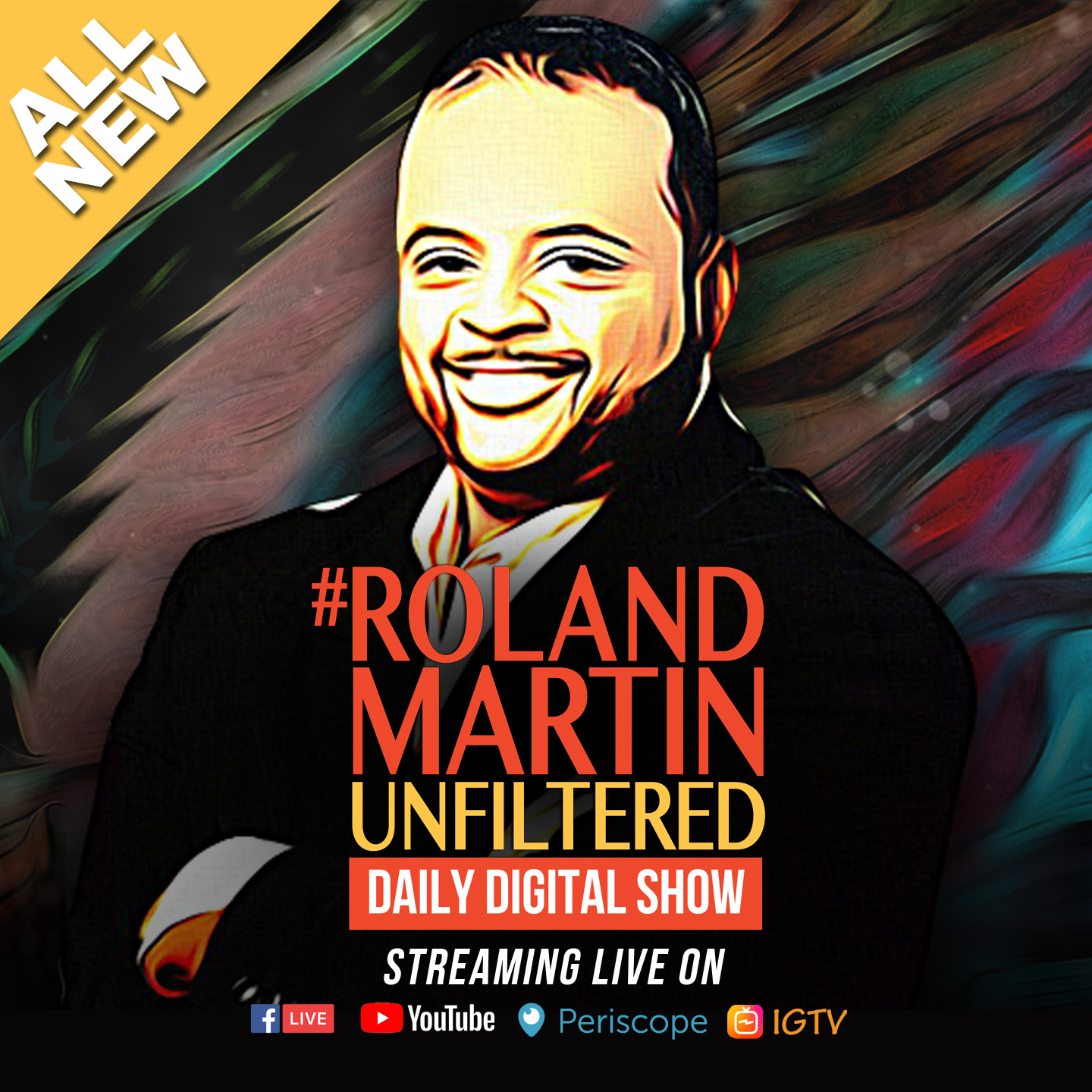
#RolandMartinUnfiltered
Roland S. Martin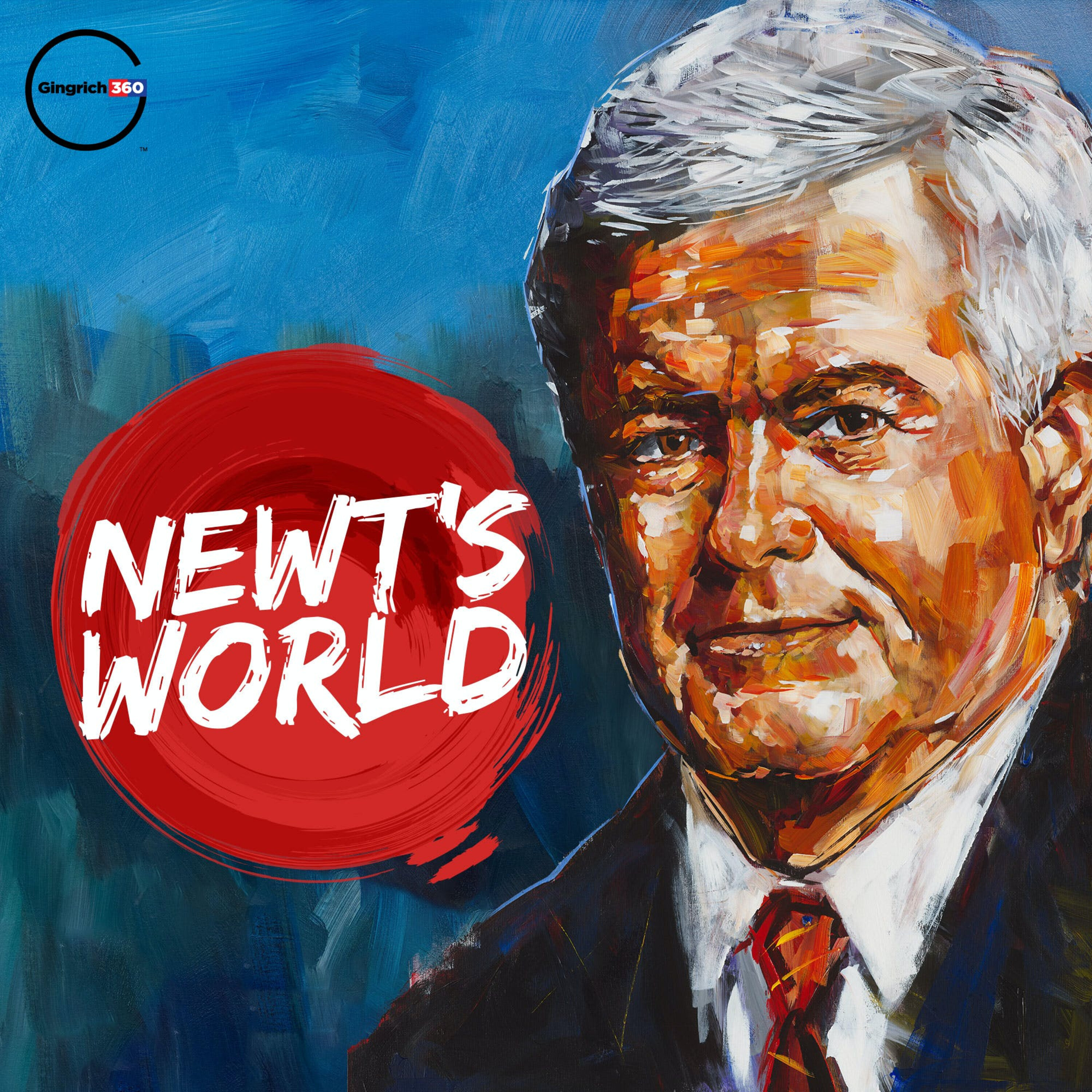
Newt's World
Gingrich 360
Pod Save America
Crooked Media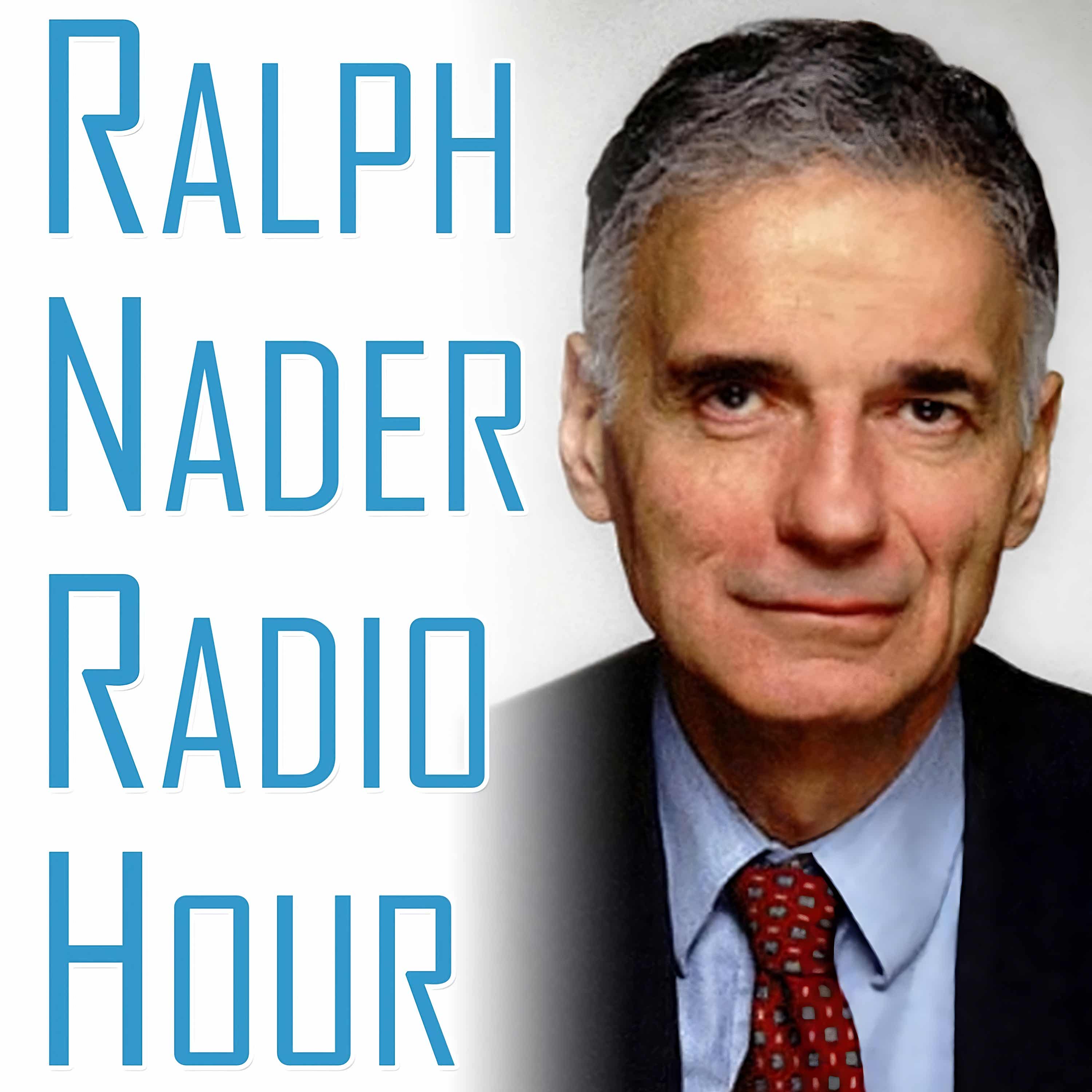
Ralph Nader Radio Hour
Ralph Nader
Bannon`s War Room
WarRoom.org
Bannon’s War Room
dan fleuette
The Young Turks
TYT Network
The Beat with Ari Melber
Ari Melber, MS NOW
The Damage Report with John Iadarola
TYT Network
The Majority Report with Sam Seder
Sam Seder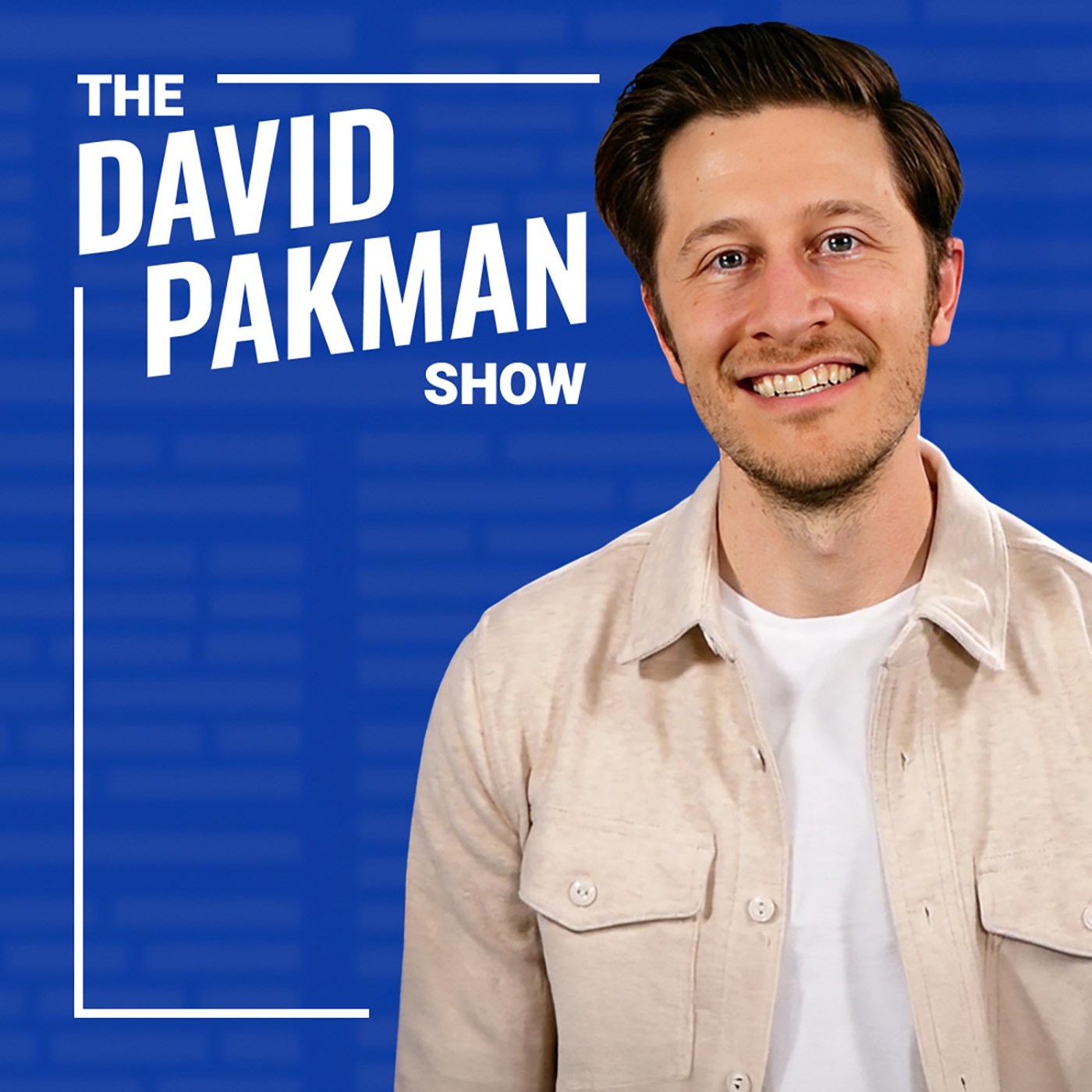
The David Pakman Show
David PakmanGet A Grip with Kendall Reusing
Kendall Reusing
Ultimately with R.C. Sproul
Ligonier Ministries
Grace to You: Radio Podcast
John MacArthur
The Briefing with Albert Mohler
R. Albert Mohler, Jr.
StarTalk Radio
Neil deGrasse Tyson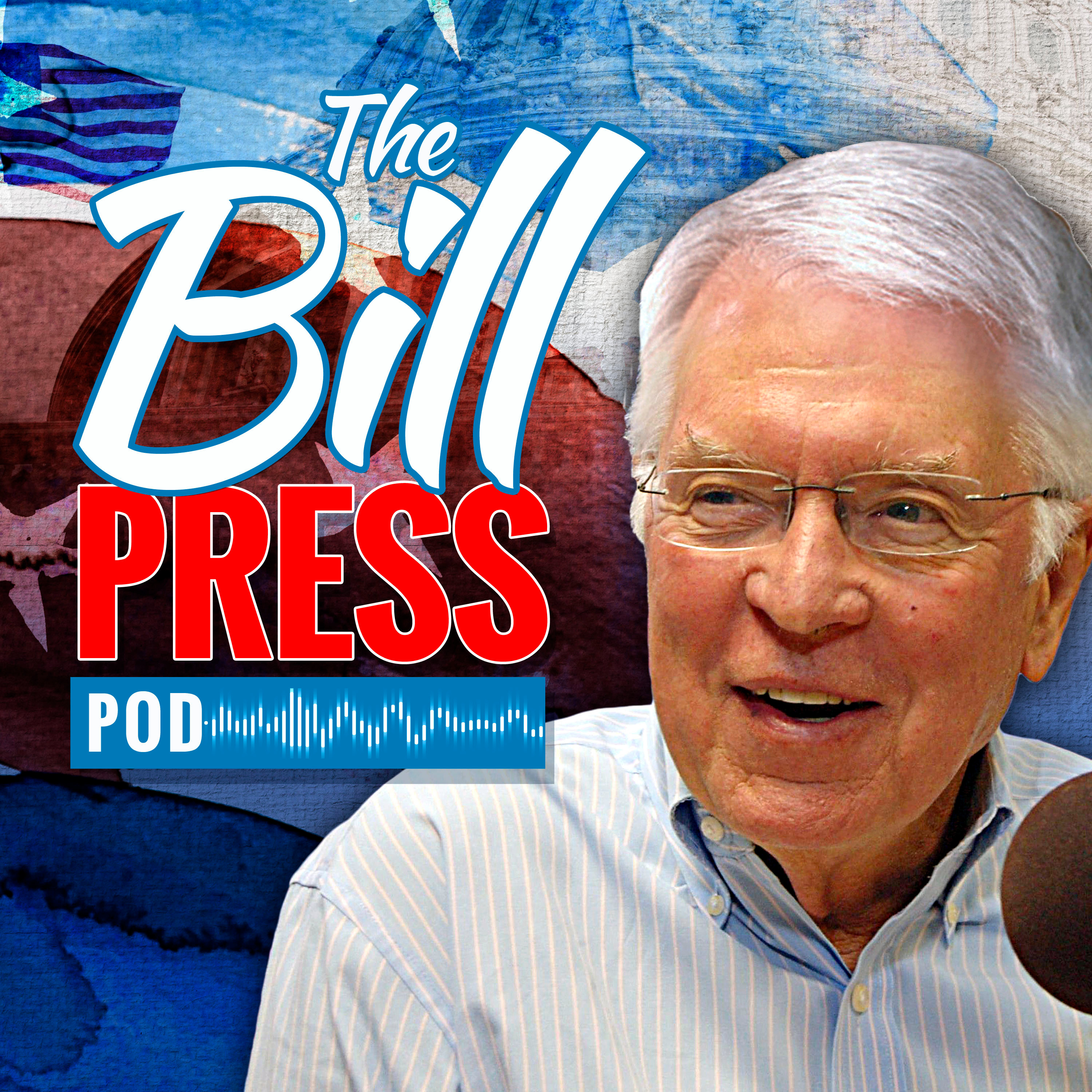
The Bill Press Pod
BP Pods
Ask Pastor John
Desiring God
The Weekly Show with Jon Stewart
Comedy Central
Ask Ligonier
Ligonier Ministries
Lost Debate
The Branch
Coffee-Time-Again
Dale Hutchinson
5 Minutes in Church History with Stephen Nichols
Ligonier Ministries
The Ezra Klein Show
New York Times Opinion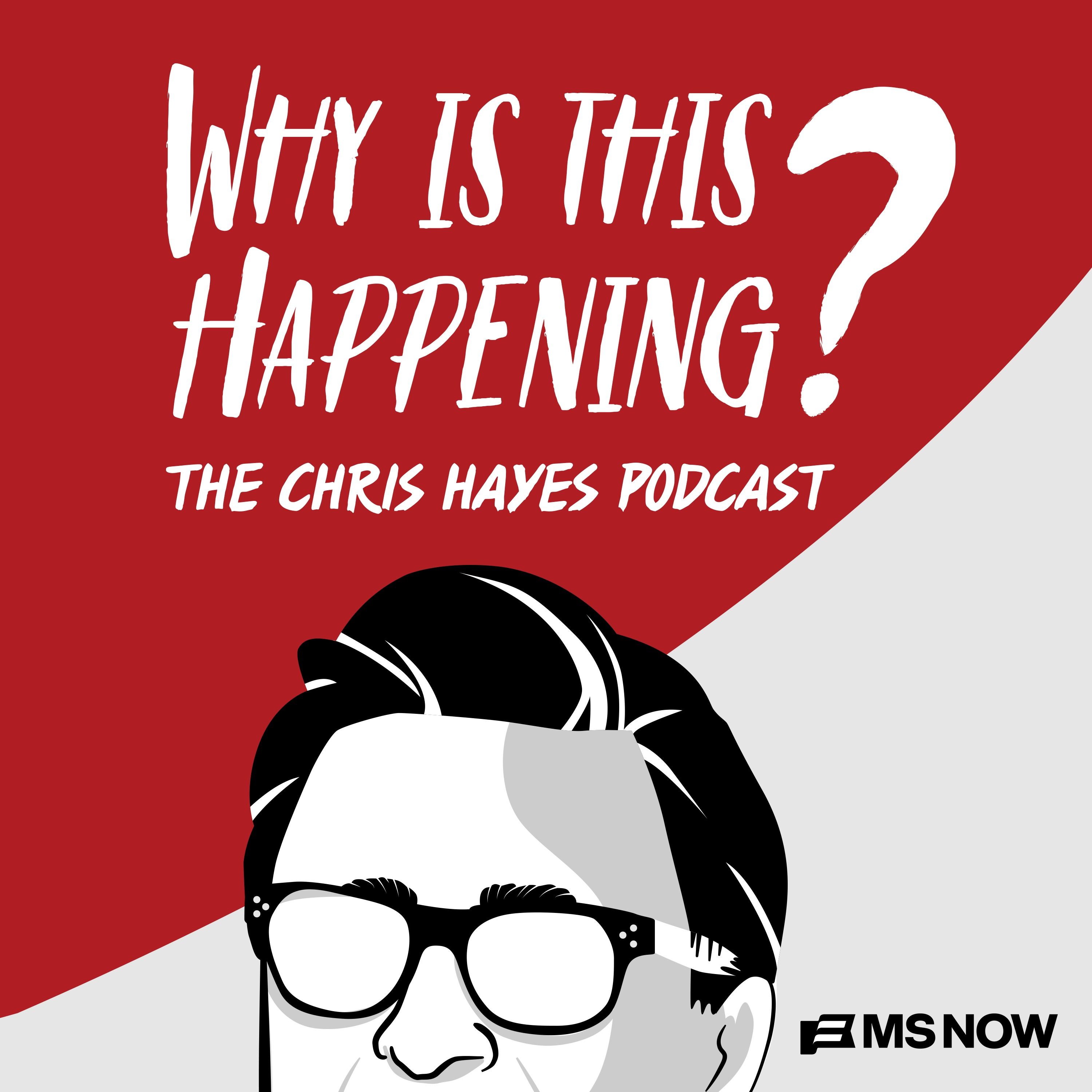
Why Is This Happening? The Chris Hayes Podcast
MS NOW, Chris Hayes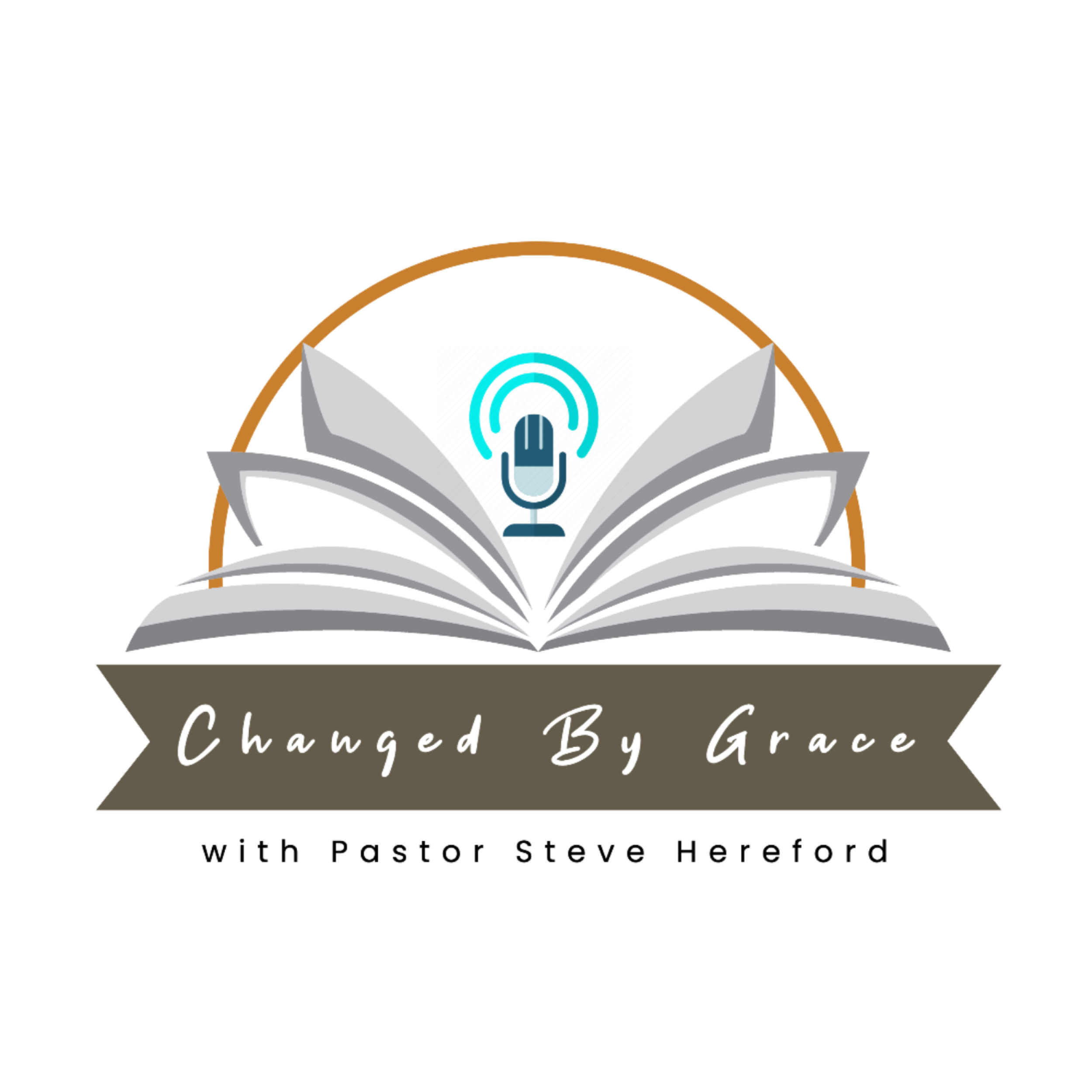
Changed By Grace
PodPoint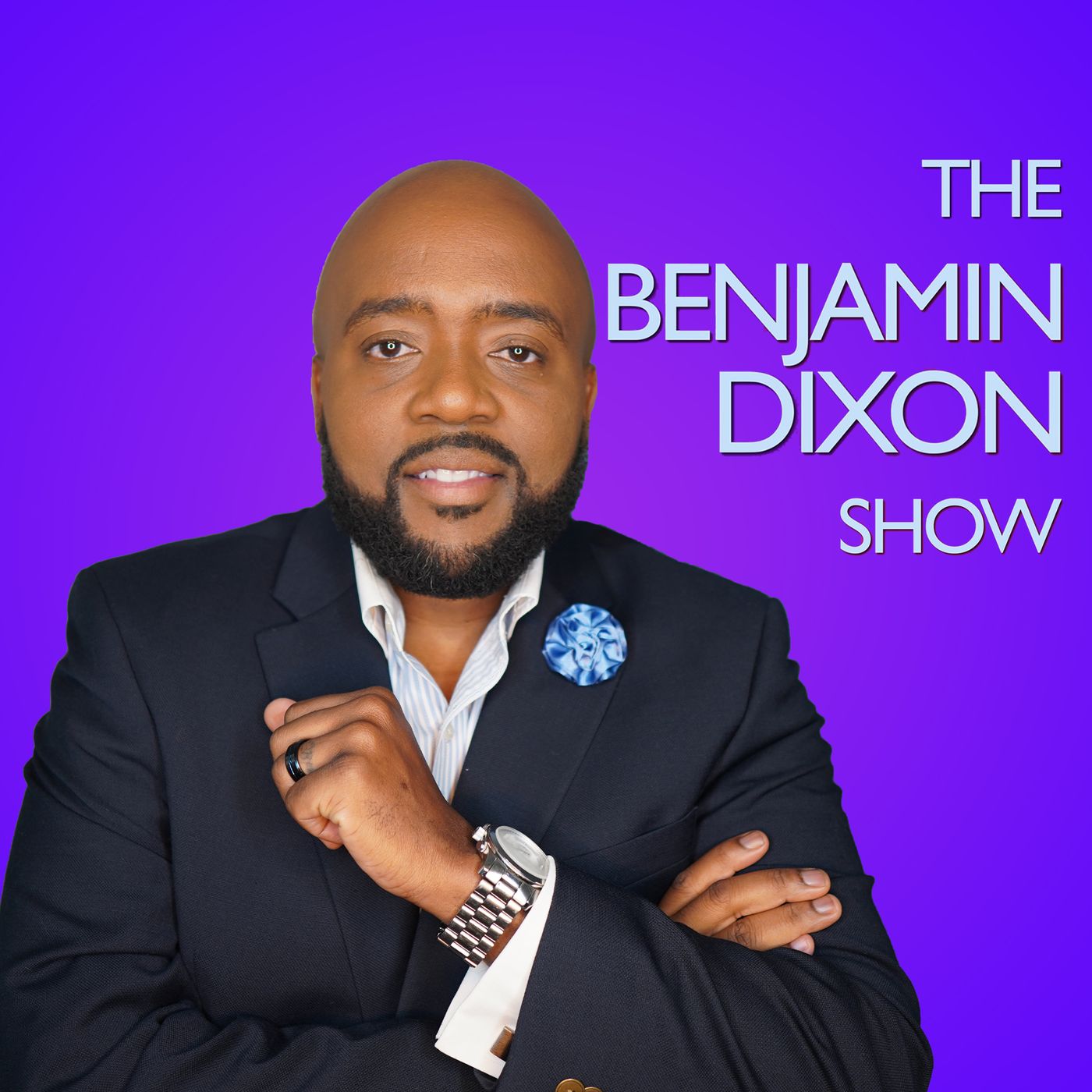
The Benjamin Dixon Show
The Benjamin Dixon Show
Thinking in Public with Albert Mohler
R. Albert Mohler, Jr.
Who Killed JFK?
iHeartPodcastsThe MacArthur Center Podcast
The Master's Seminary
Jean Jacques Machado : No Gi Required
Jay Zeballos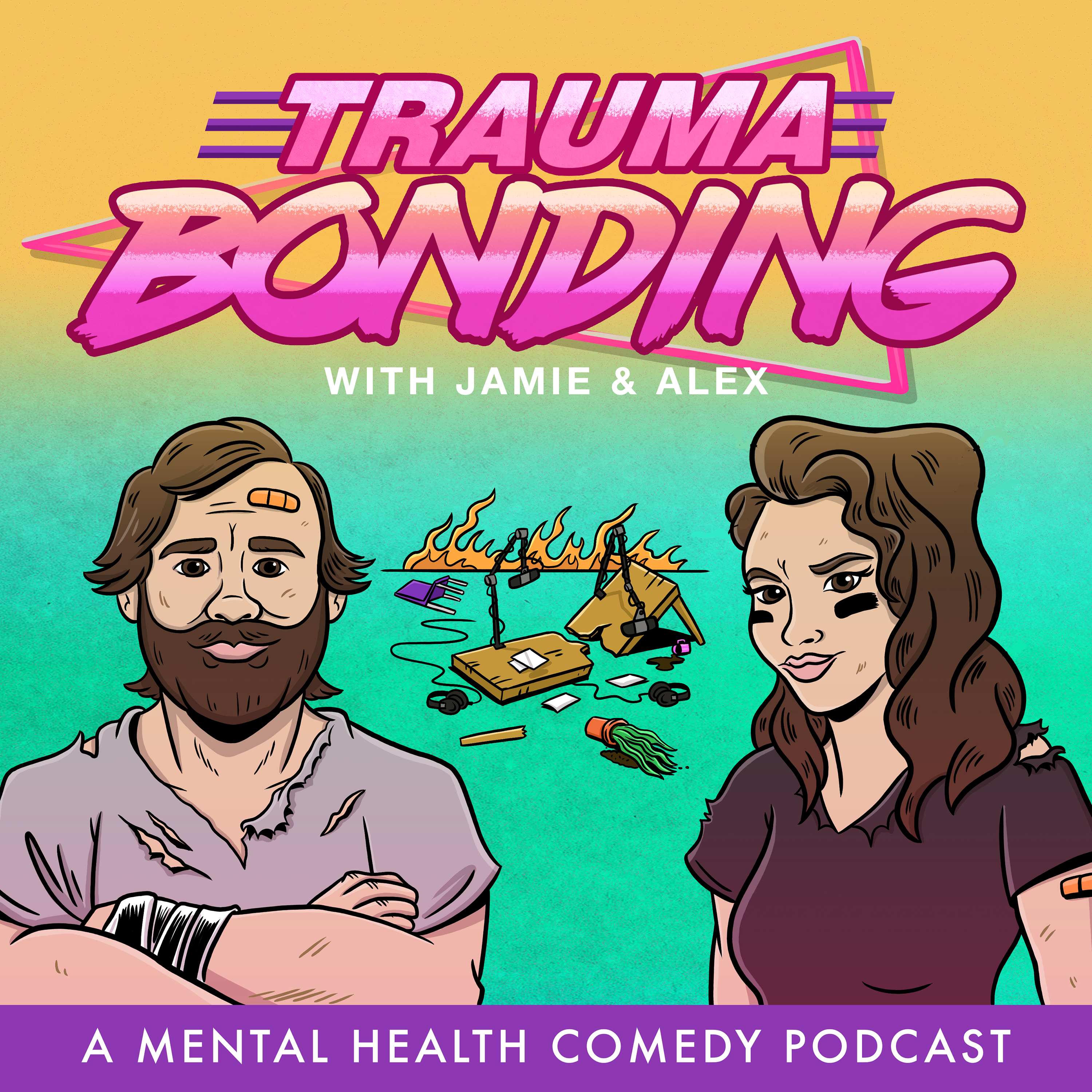
Trauma Bonding
Jamie Kilstein
This Day in History
The HISTORY Channel
The Ben Shapiro Show
The Daily Wire
The Sean Hannity Show
Sean Hannity
Breaking Points with Krystal and Saagar
iHeartPodcasts
The Kyle Kulinski Show
Kyle Kulinski